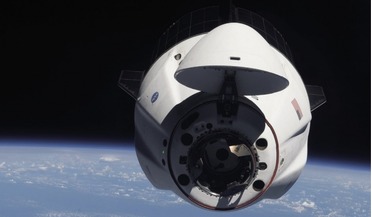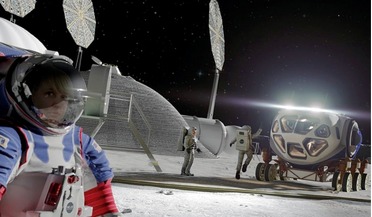 March 2015
Russia and safe space initiatives
March 2015
Russia and safe space initiatives
... resolution is the idea of early talks at the Conference on Disarmament in Geneva with a view to drafting and adopting a binding international treaty to prevent the placement of arms in outer space and the threat or use of force against outer space...
 November 2018
Why we should not assume that war in space is ‘inevitable’
November 2018
Why we should not assume that war in space is ‘inevitable’
..., in the majority in that case, were very careful to express in limiting terms their assessment of the ways in which international law would operate in that context. This is a dangerous assertion that risks becoming a self-fulfilling and self...
 July 2021
A shared vision for space exploration
July 2021
A shared vision for space exploration
... an Attorney Adviser at the United States Department of State, where he has served for fourteen years. He provides guidance on international space law to the Department as well as the National Space Council, and works closely with senior policymakers...
 July 2021
Collaboration and competition in lunar exploration
July 2021
Collaboration and competition in lunar exploration
...the US to regain a crew launch capability that has been absent since the end of the Shuttle programme. At an international level cooperation between countries remains highly driven by geopolitical interests In addition, over the past decade, multiple...
 October 2021
A US space strategy for 2050: shaping a domain on the cusp
October 2021
A US space strategy for 2050: shaping a domain on the cusp
... Artemis Accords. Further, US diplomats should work to evolve these policies into norms, with the hope of shaping international customary law. In that vein, the United States should also be prepared to challenge, through diplomacy or show of force...
 February 2021
Supporting sustainable lunar development
February 2021
Supporting sustainable lunar development
... incentivize it to maximise the environmental, social and economic wellbeing of the Moon. The LDC does not require an international treaty or regime to get started but instead can evolve from the bottom up and adapt to changing circumstances...